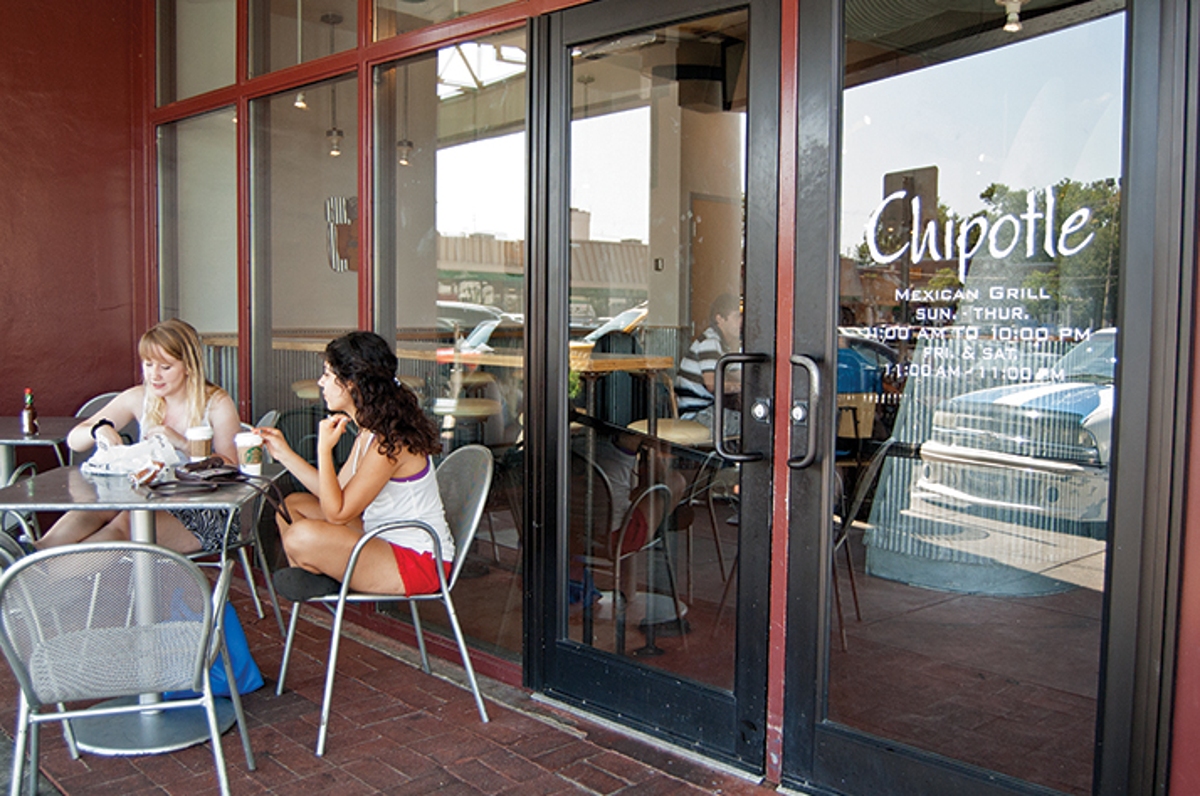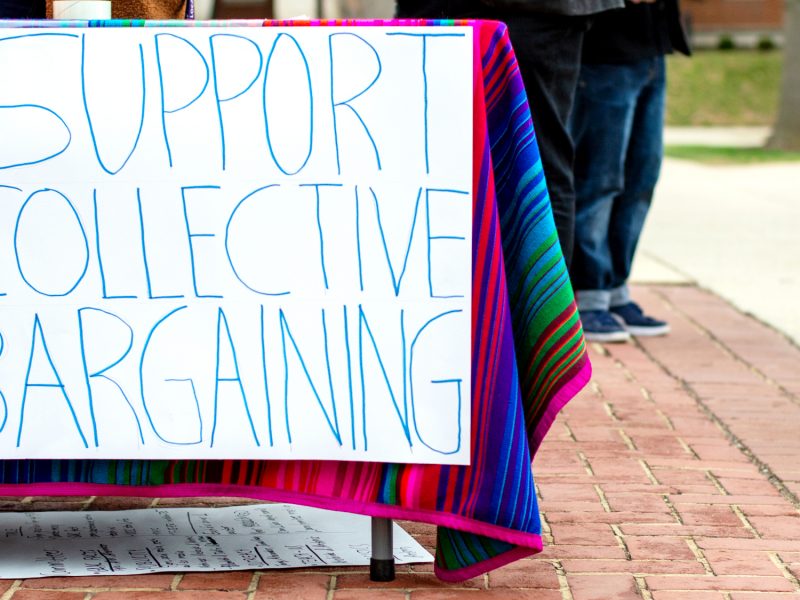By Gabby Antonelli
Before I begin, I would like to preface this column by saying Chipotle is one of, if not my all-time, favorite restaurants. The warm rice, the zesty salsa, the creamy guac … there is nothing not to like about it. However, I have recently been in a heated food debate with myself over what tastes good, what is healthy and what is sustainable.
As a recent self-proclaimed vegetarian, I have given a lot of thought to how what I eat affects not just my mind and my body, but also the entire world. I make personal choices not only about what I put in my body, but also where the food comes from. So yes, while choosing fruits and vegetables over meat and fish is seemingly more sustainable, produce can be showered in pesticides and end up harming the Earth on the same order as a grass-fed cow. A company that promotes sustainable food production is Chipotle Mexican Grill. The Chipotle website often mentions the company’s “Food with Integrity” mission, a commitment to serve responsibly raised ingredients that are not highly processed. Recently, the company also began a “Sustainability Series” of articles discussing its kitchen equipment donation program and its effort to reduce waste and recycle. The most recent article describes its sustainable packaging.
So if Chipotle is really doing all of these things it talks about on its website, what’s the issue? Well, that’s the problem: There’s little to no proof that Chipotle has upheld any of these commitments. A 2015 shareholders’ sustainability report on Chipotle encourages the “managing and reporting of environmental, social and governance (ESG) business practices” to help companies compete in the increasingly environmentally conscious business world. More than 1,200 institutional investors have signed the United Nations-backed Principles for Responsible Investment, publicly committing to taking into account ESG disclosures when making investment decisions. In addition, the for-profit Governance and Accountability Institute reported that in 2013, 72 percent of the S&P 500 published a corporate sustainability report.
While corporate sustainability reports seem to be a trend, Chipotle has very little information about its sustainability practices, and it doesn’t seem as though it will come out with information any time soon. Shareholders and socially responsible investors have called for Chipotle to issue an annual sustainability report addressing the company’s short- and long-term goals in regard to topics that have relevant environmental and social impacts. However, according to a Guardian article, “Chipotle’s silence on sustainability practices make it a target for [corporate social responsibility] advocates.” Writer Marc Gunther reports that “Chipotle says it made a deliberate decision not to publish a corporate responsibility report, instead devoting its resources to practices that improve sustainability.”
The purpose of this is not to invoke a spirit of hate, but a spirit of awareness. I still eat at Chipotle. I have faith that even though it is not the most transparent company, there must be some truth to what it is saying; if the company is putting that much effort into appearing sustainable, it must be somewhat sustainable. As long as you are aware of your choices, the impact you make on the world is up to you.
Gabby Antonelli is a freshman business major. She can be reached at gantonelli2582@gmail.com.



